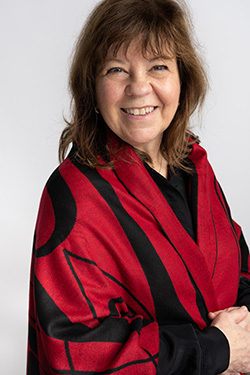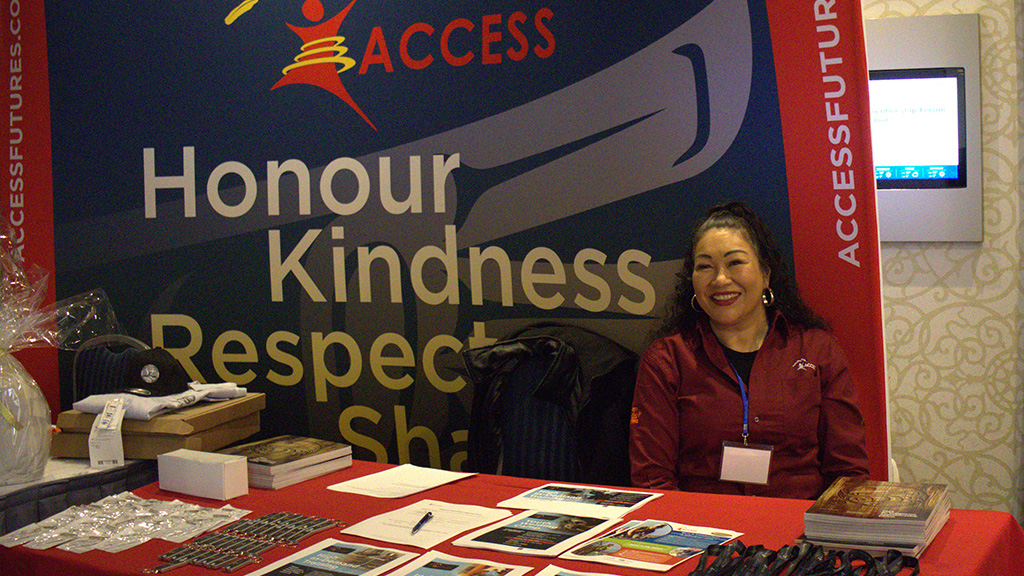An Indigenous apprenticeship organization is helping youth out of potential risk and into prosperity.
The Aboriginal Community Career Employment Services Society (ACCESS) is a non-profit that provides employment training for urban Indigenous people in the Metro Vancouver area, president and CEO Lynn White said.
Bladerunners is a training program within ACCESS that trains at-risk youth for entry level work in the construction industry and then places them in full-time jobs.
ACCESS was one of many stakeholders in attendance at the recent BC Indigenous Apprenticeship Forum held in Burnaby.
The event was attended by training organizations, unions, industry professionals and others looking to help Indigenous workers enter into apprenticeship and move to the next stage of their careers.

“We pull them off the street (if they’re) between 18 to 30, take them in, feed them and give them some life and cultural skills, then get five certificates for them. WHMIS, ladder safety, all the certifications you need for construction,” White said.
“We also get a job coach who works for us attached to each participant and we ensure they get to the jobsite. With any issues we make sure they’re well supported, as going from the street to full-time work is a big adjustment.
“Our motto is once a Bladerunner, always a Bladerunner. So if it doesn’t work out we give them further support. The director of the Bladerunner’s program, Jason Watt, was a participant at one point, became a co-ordinator and now runs the program,” White said.
ACCESS also operates a trades program which has shown “real big success with electricians.”
“Women going through (the program) are top of the class. It’s 24 per cent women which is really groundbreaking,” she said.
Electrician Abigail Franson said her journey through the ACCESS program started out “kind of randomly.”
“I was just hanging out in East Vancouver at the Vancouver Aboriginal Friendship Centre Society, which is a hub for Native people, has resources and is used for ceremonies. I passed by one of those little posters with the phone numbers you can tear off at the bottom. I was out of high school and with nothing to do it made it easy to go through with it,” Franson said.
She had to pass an aptitude test and upgrade high school courses, which ACCESS facilitated.
“I wouldn’t have known how to do that on my own. I was set up with a skill plan and took Math 11 and Physics 11 and (ACCESS) managed my apprenticeship,” she said.
Once out of her training program, Franson started work on a low-rise project in Burnaby where she said she clicked with her new role.
“My training kicked in, I did the job and they were impressed and let me stick around,” she said.
She is very enthusiastic about not only her career path but also the prospects for other First Nations people in the trades.
“As a Native woman in construction, I’m setting the precedent currently and it’s only going to get better,” Franson said.
“It’s a five-year apprenticeship, and the first two years are the hardest,” she said. “I started in 2019 and now in 2024 I’m buying my first house.”



Recent Comments
comments for this post are closed